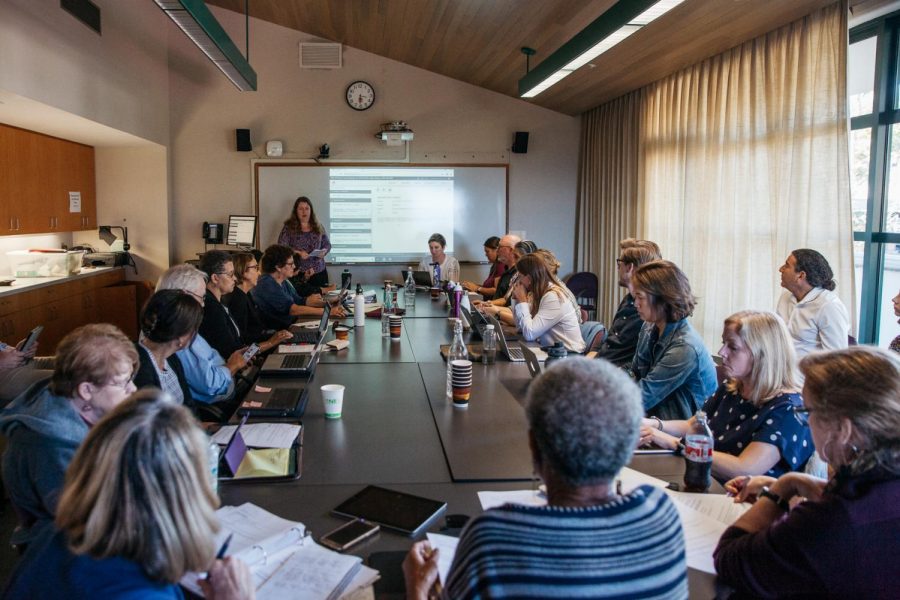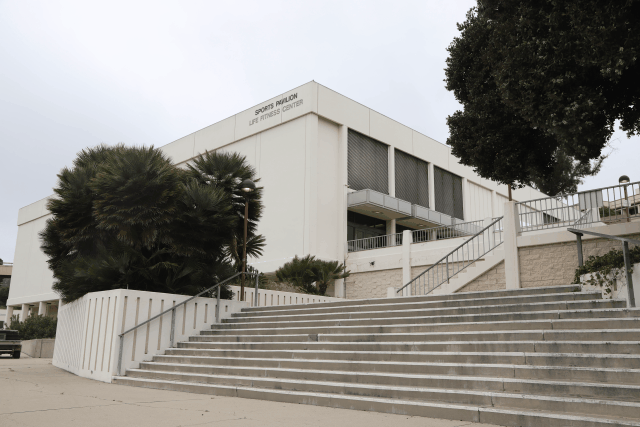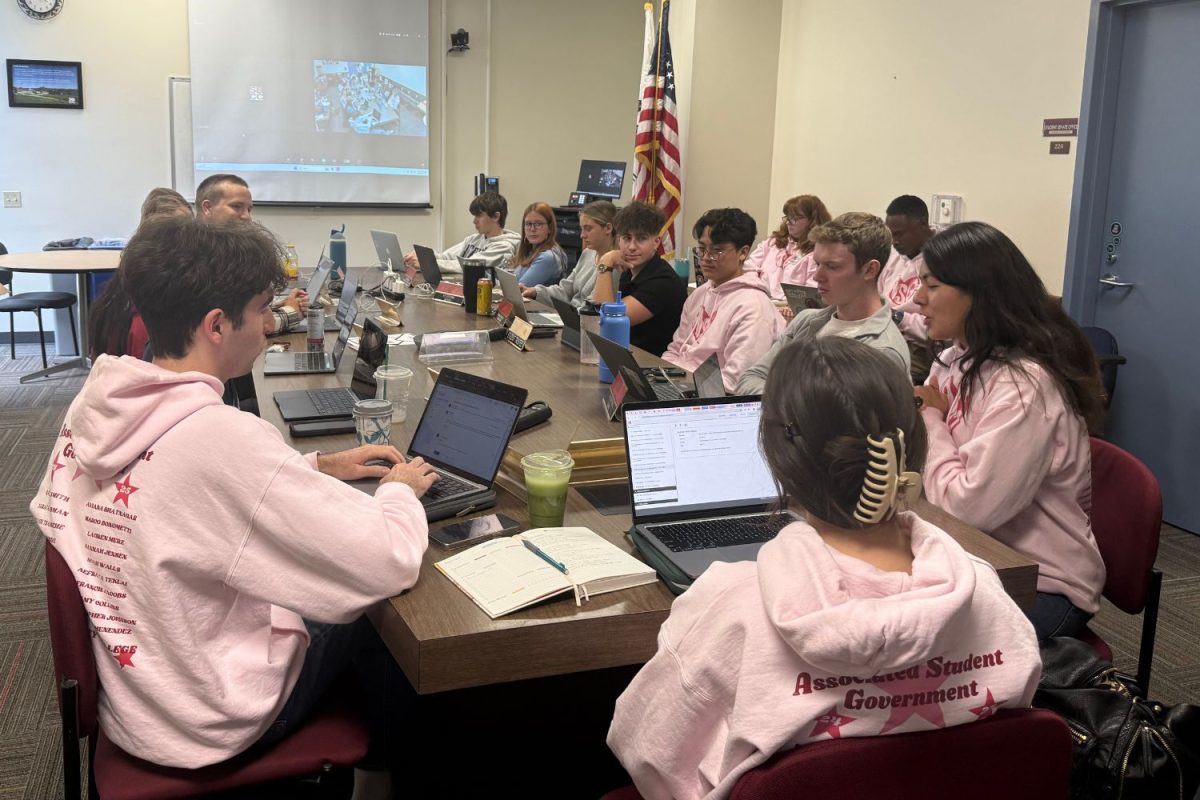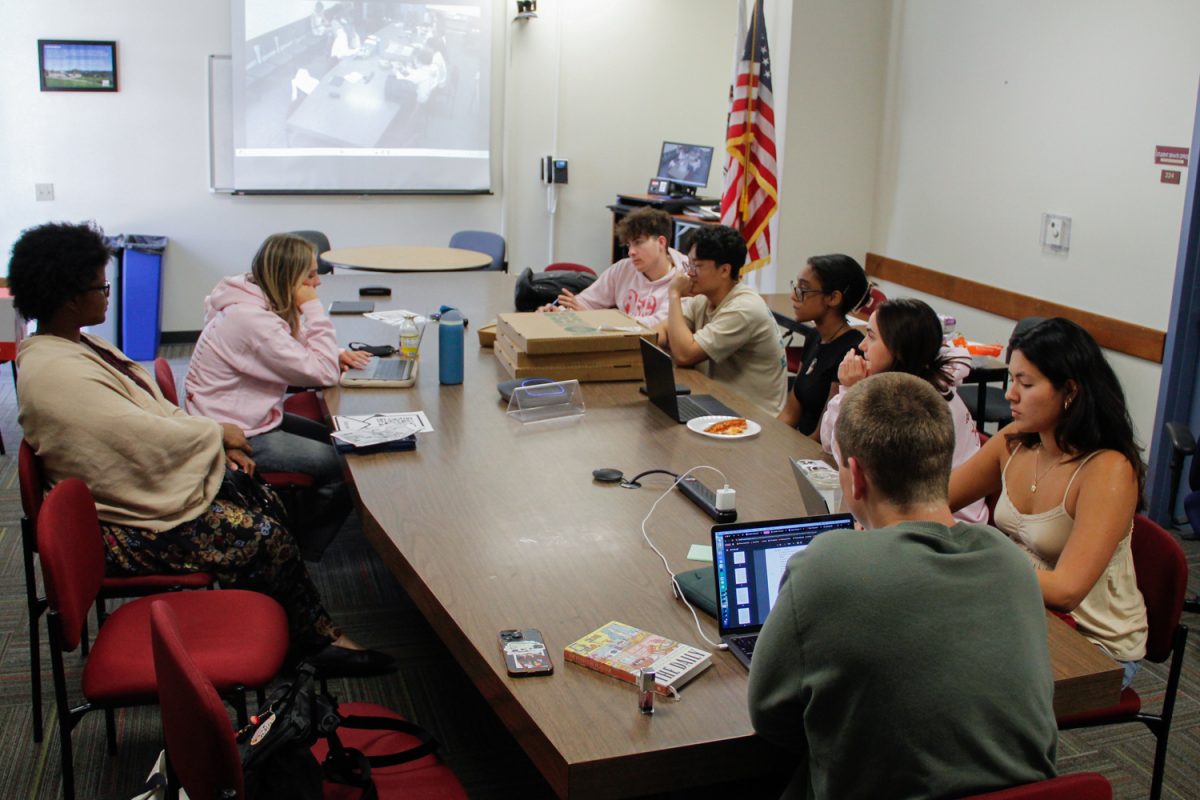Academic Senate President Raeanne Napoleon isn’t one to shy away from taking action where it needs to be taken.
“I feel like I’m where I’m at because I wasn’t willing to let things go,” she said.
She is one of the most vocal supporters of implementing the Campus Climate Advisory Council, which was institutionalized by the College Planning Council in October.
The council will hold monthly open town halls with the hopes of bridging equity gaps and amplifying voices for those who are unhappy with leadership and the climate at City College.
“I wasn’t willing to let the campus say that we’re inclusive when I knew first hand that we weren’t inclusive,” Napoleon said.
The advisory council is one small step in addressing some of the problems revealed in an anonymous survey taken by employees in 2019.
Some believed they couldn’t speak their mind or that there weren’t good systems for addressing their problems on campus.
“There are always concerns of not feeling safe,” Superintendent-President Utpal Goswami said. “My commitment is that I am very clear that we allow people to speak their mind … without fear of retribution.”
The council is meant to be relaxed and without an agenda, unlike most of the other councils and committees at City College.
It will be co-chaired by a member of the Academic Senate, the classified staff and the administration. Membership is open to any constituency group.
The goal is integration, so people can talk casually with leaders who might make significant changes elsewhere.
“In solving problems we need to be inclusive so that all the voices have been heard,” Goswami said. “This group will certainly help us do that.”
Superintendent-President of Gavilan College, Kathleen Rose, does a podcast with students and a bi-weekly forum that usually has no agenda.
“It starts with the superintendent-president,” Rose said. “If I can’t demonstrate that then it won’t happen anywhere on my campus.”
Sometimes it’s successful and sometimes it is not, she said, but the benefits outweigh the negatives.
“Let’s say nothing comes out of it,” Napoleon said. “Worst case scenario nothing happens. Well, we’re no worse than we were to begin with.”
The first town hall is expected to happen sometime within the next week, two-and-a-half months after Academic Counselor Gwyer Schuyler first proposed this action.
“I really just wanted something to be done,” Schuyler said in an email. “I don’t really care what it is, as long as there is commitment by CPC and senior leadership to make transformational changes to address the problems on our campus.”












![Ken Watts uses the cable chest press machine on April 9 in Santa Barbara, Calif. "[What] people value the most in personal training is accountability," Watts said.](https://www.thechannels.org/wp-content/uploads/2025/04/MGSWatts-3-1200x800.jpg)


